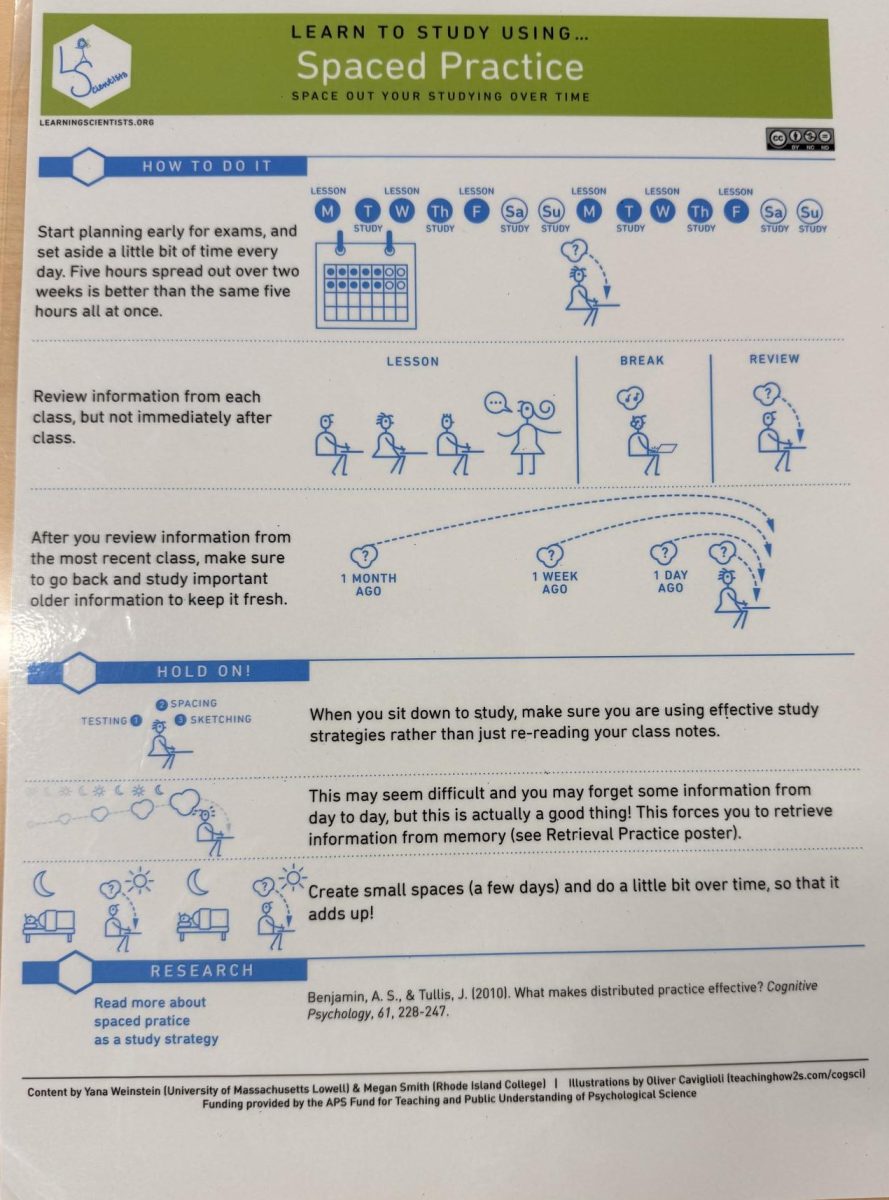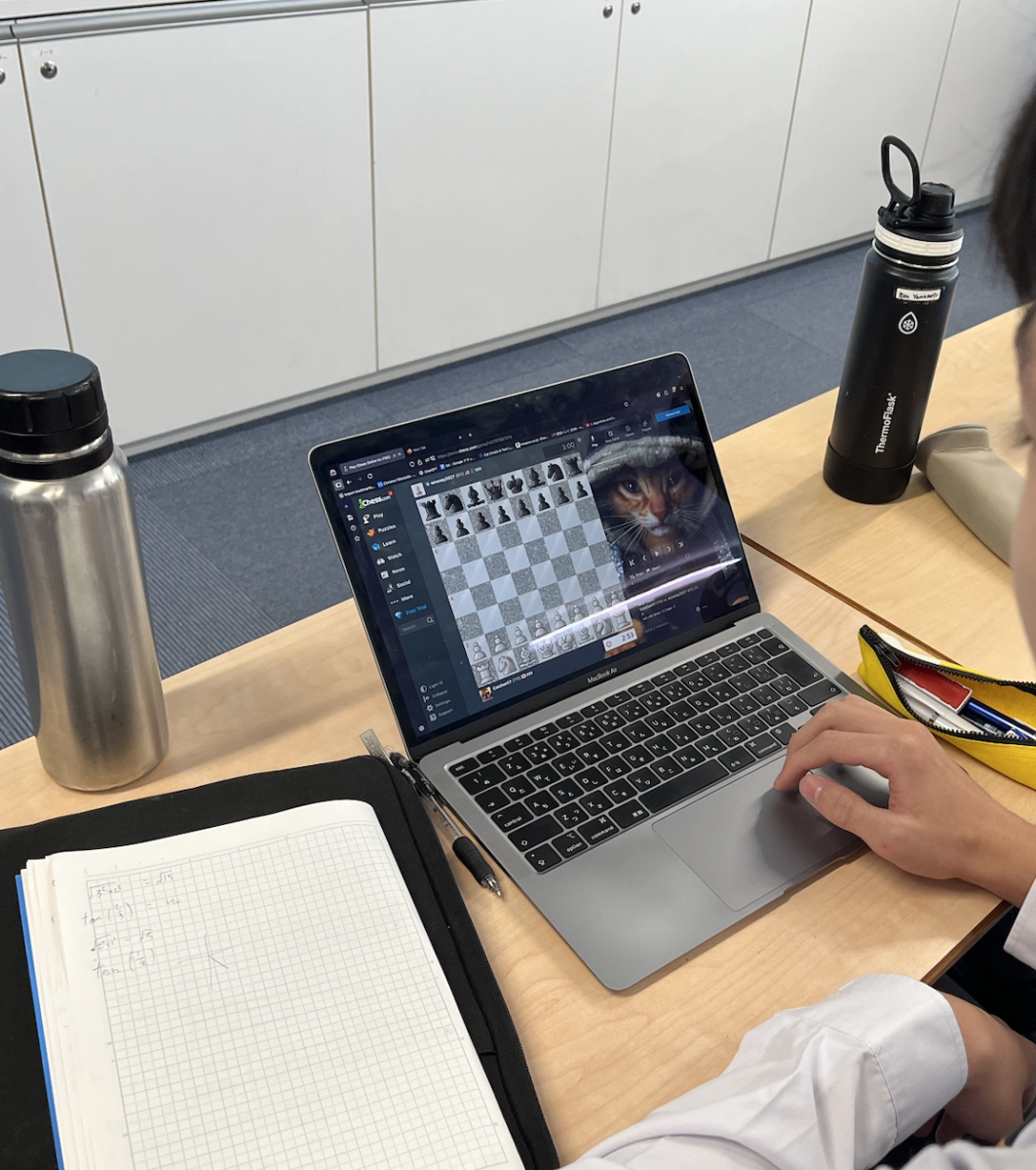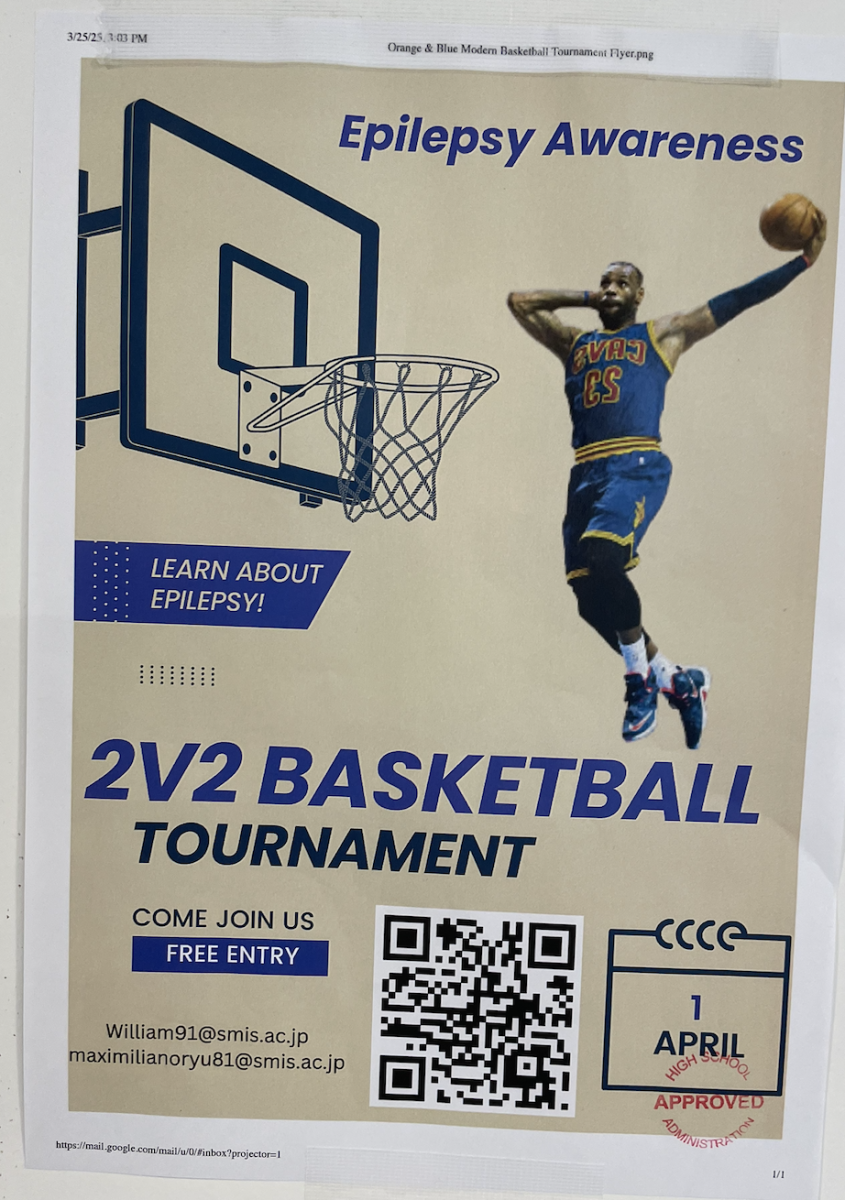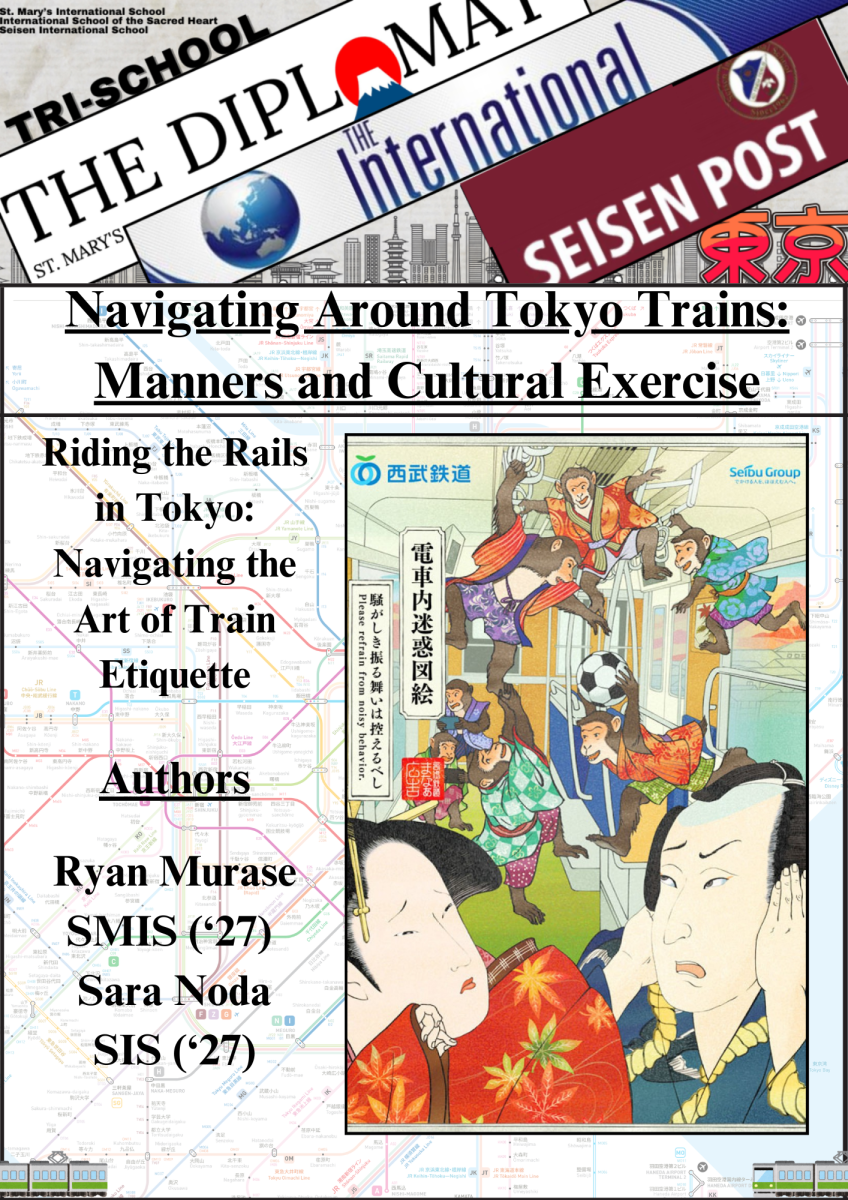Skibidi, Sigma, Tralalero Tralala, Junten has heard it everywhere in school. Junten, A student at St Mary’s, has experienced various forms of “brain rot” throughout his academic career. He notes, “I often hear it everywhere in schools, like in the fields, cafeteria, and common places. Although I find it funny at first, it gets repetitive and makes it annoying.” Many people hear these phrases everywhere, and they’ve been here for a long time. In recent years, a trend known as “brain rot” has emerged among students in educational institutions. “Brain rot” is defined as the supposed deterioration of someone’s intellectual or mental state, such as the loss of concentration or getting distracted, often. This phenomenon has become increasingly prevalent in our society, mainly originating from social media. Such phrases symbolize a culture of our new generation, raising questions about their impact on the collective mindset of students. As students reflect on the potential effects of “brain rot”, students question whether it’s negative or not.
Hearing about “brain rot” repeatedly during school hours made students and others ponder the questions more deeply. Students encounter many “brain rot” terms during lunch throughout the meal. People believe that it affects their mental and behavioral health. After interviewing several individuals who are brain-rotted and those who aren’t, the idea of “brain rot” varied across each person. “The results shocked me; I didn’t expect this outcome,” stated Terry Feng, a student at St. Mary’s, who claims to be completely brain-rotted but still maintains decent grades, even while being brain-rotted.
Additionally, Terry, who identifies as “brain rotted”, believes that “brain rot” isn’t an issue at all, while those who aren’t “brain rotted think quite the opposite. All students interviewed agreed that “brain rot” has become very common in our school and society, and that it has been gradually increasing. Many people interviewed said that “brain rot” doesn’t affect their grades or studies in school. One individual, Terry Feng, studies and does homework very late, finishing at the last moment, which may be due to distractions from social media preventing him from studying fully. One notable effect of “brain rot” often discussed is a lower attention span. This may have hindered Terry’s ability to study properly, thus preventing him from studying effectively. He claims to sometimes get distracted from his work and uses his phone to watch ‘reels’. After Haruto asked other people, “Should ‘brain rot’ be restricted?” most people thought it shouldn’t be due to free will, but Junten Chen, a student at St Mary’s, says that there should be a line where “brain rot” should not cross.
Additionally, people who were considered “brain rot” watchers spent several hours of screen time per day. Terry claims to watch over 10 hours of social media per day on weekdays. On the weekends, he watches over 12 hours per day. After multiple interviews, there was a repetitive pattern of the more “brain rot” you had, the more you watched and used social media. Mr Southall, a teacher at St Mary, mentions, “brain rot” is the lowest form of content that you can consume or produce. He says you can’t stop “brain rot” in schools and other places, and you should embrace it instead of trying to remove or limit it.
In addition, after extensive research on brainrot-related websites, including edsurge.com and The EbbTide. Numerous sites indicate that brainrot can significantly shorten attention spans and cause many individuals to spend even more time on social media. On average, young people engage in about three hours of screen time each day. This totals approximately 36 days each year, which could have been invested in developing hobbies, studying, or practicing sports and musical instruments. According to Newport, while users are caught in an endless scroll, the brain releases a neurochemical known as dopamine. This chemical generates feelings of pleasure and satisfaction, a process that plays a crucial role in what is often referred to as ‘doomscrolling’. This term describes the compulsive habit of continuously scrolling through social media, ultimately contributing to a more unhealthy lifestyle both outside and inside of school.
After prolonged research and interviews, “brain rot” was overall negative. “Brain rot” affects students’ attention span duringclassesss lessening their ability to concentrate during classes. It also gives them the motivation to watch social media, distracting them from doing homework and other important activities.































